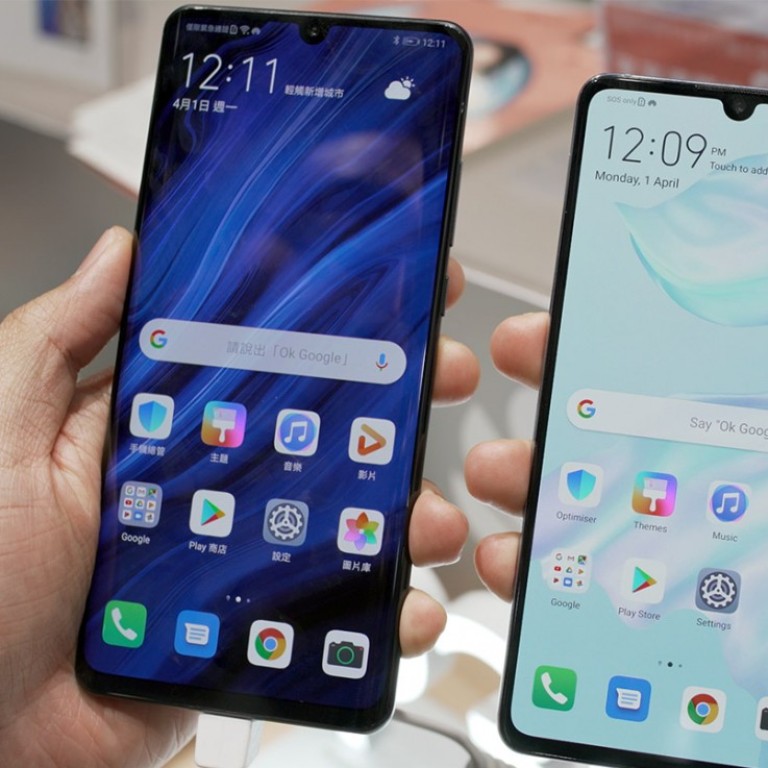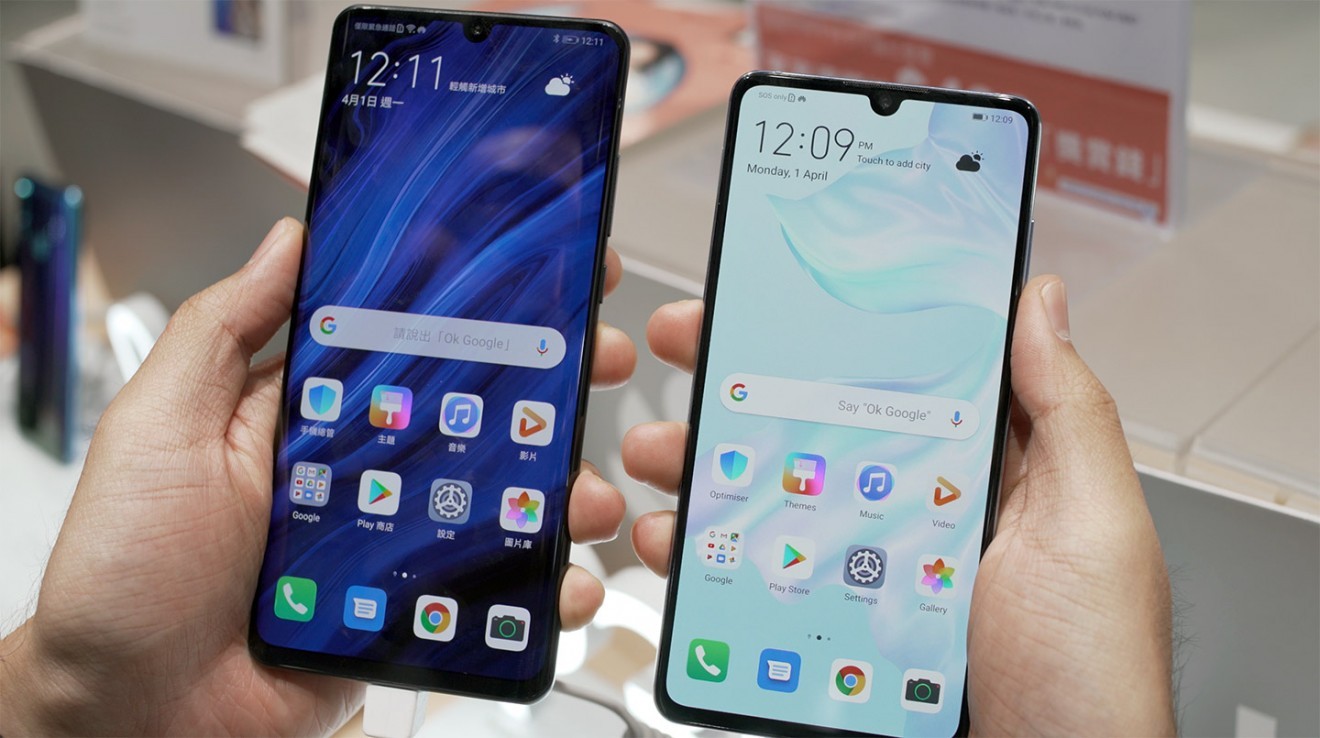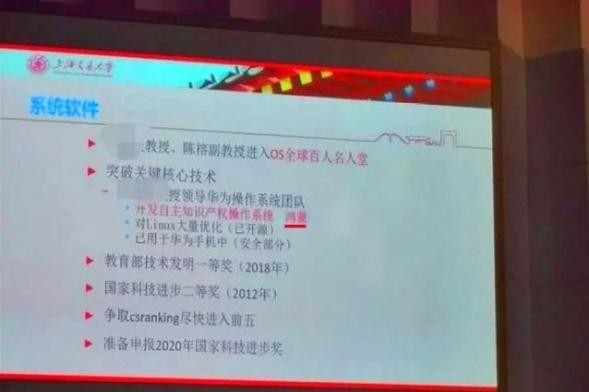
What can Huawei do without Android?
Google is suspending support, but Huawei is rumored to have a backup OS
If you own a Huawei, it should be able to work as usual. The smartphones use the open source Android operating system. However, the ban means future Huawei handsets won’t have access to Google Mobile Services, which includes Google’s most popular apps and APIs.
This is already normal in China, which Google left back in 2010 and where all the company’s services were blocked in 2014.
“As Google services are not available in China, the short-term impact is small for the Chinese market,” said Xi Wang, research manager at IDC China. “But for international users, apps like Gmail, Google Maps, Google Play Store, YouTube… will not be available, which is absolutely a huge impact for them.”

Going forward, the international version of Huawei’s Android-based EMUI may not provide the best user experience and could have security issues, according to Xi.
The ban also means users may not be able to update to the next version of the OS, Android Q, which is already in beta and could be released in August. Even with access to Android’s open source code, Huawei wouldn’t be able to include Google’s suite of apps.
However, if you already have your hands on the newest P30 or P30 Pro or other Huawei handset, fret not. The Google Play app store and security protections will continue to work normally, but only for existing Huawei device users, Google explained.
The Huawei P30 Pro's zoom is amazing
Users dedicated to buying future Huawei devices may have to wait for a unique solution from the company. And it’s possible Huawei already has one. Richard Yu, head of the company’s consumer division, confirmed in March that Huawei has its own operating system ready.

Little else is known about the OS -- such as how compatible it may or me not be with existing apps. Huawei may be on its way to becoming the world's biggest smartphone maker, but building up an entire ecosystem of apps just for its own OS would be a tall order.
For more insights into China tech, sign up for our tech newsletters, subscribe to our Inside China Tech podcast, and download the comprehensive 2019 China Internet Report. Also roam China Tech City, an award-winning interactive digital map at our sister site Abacus.

